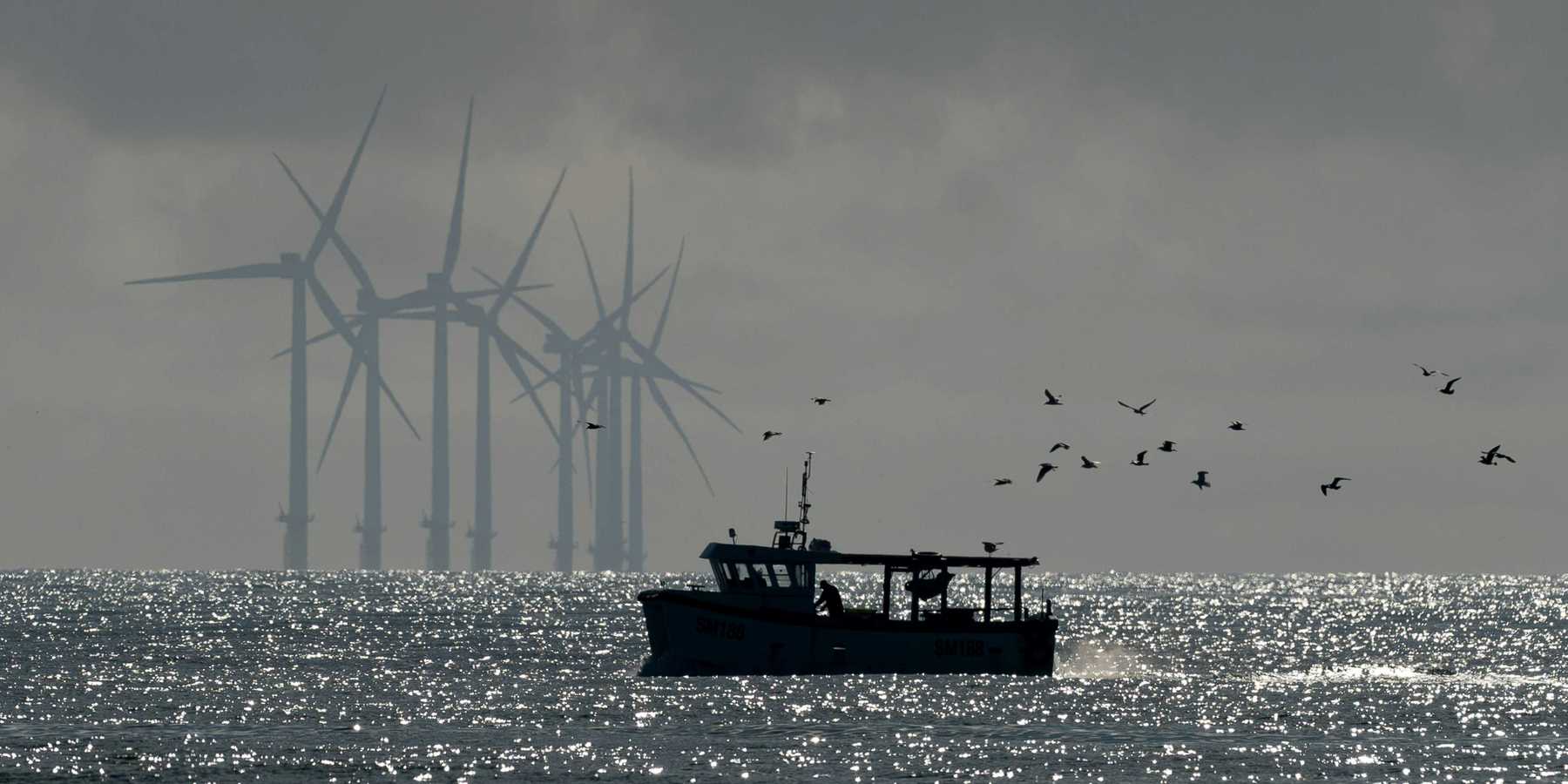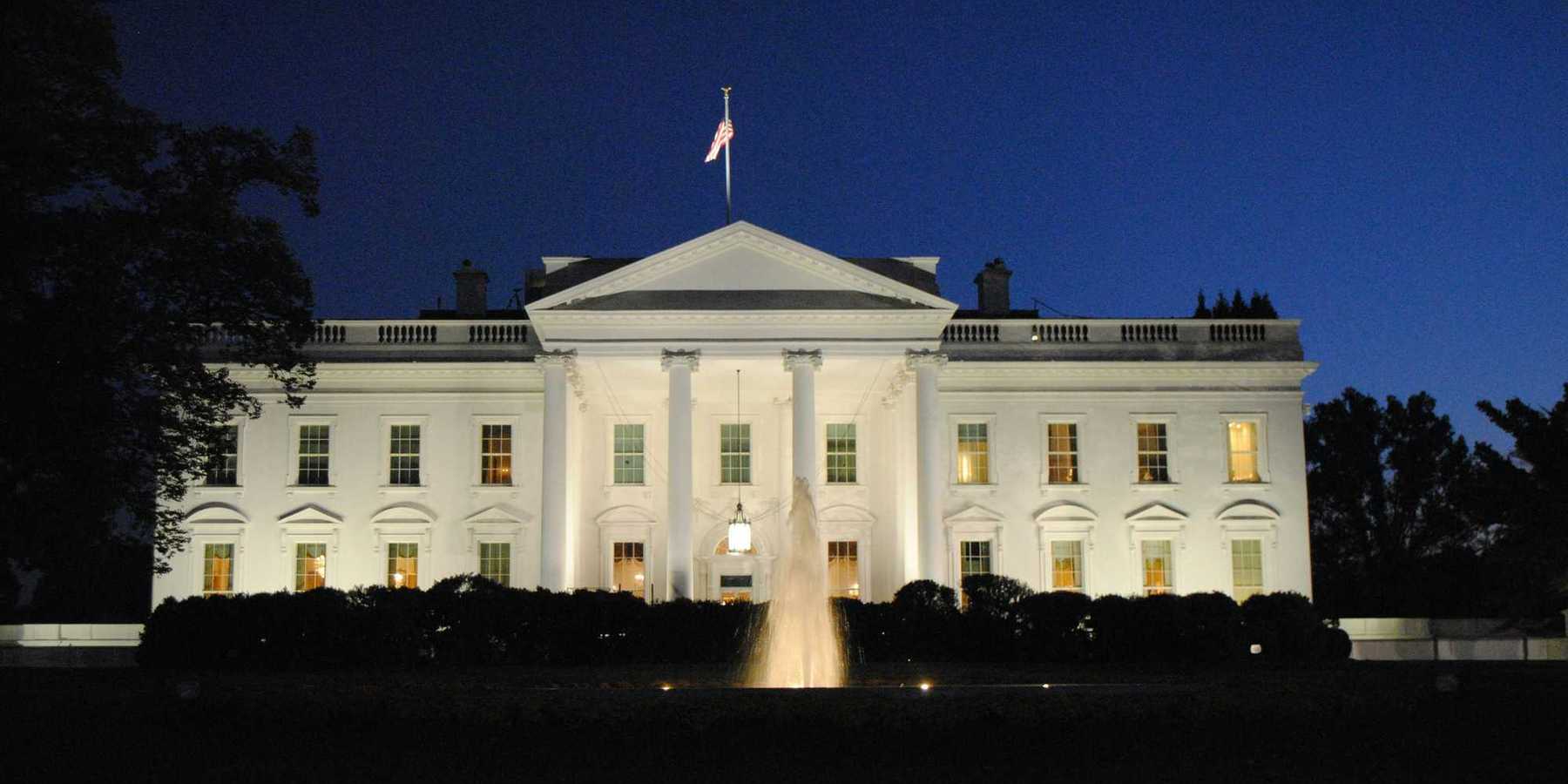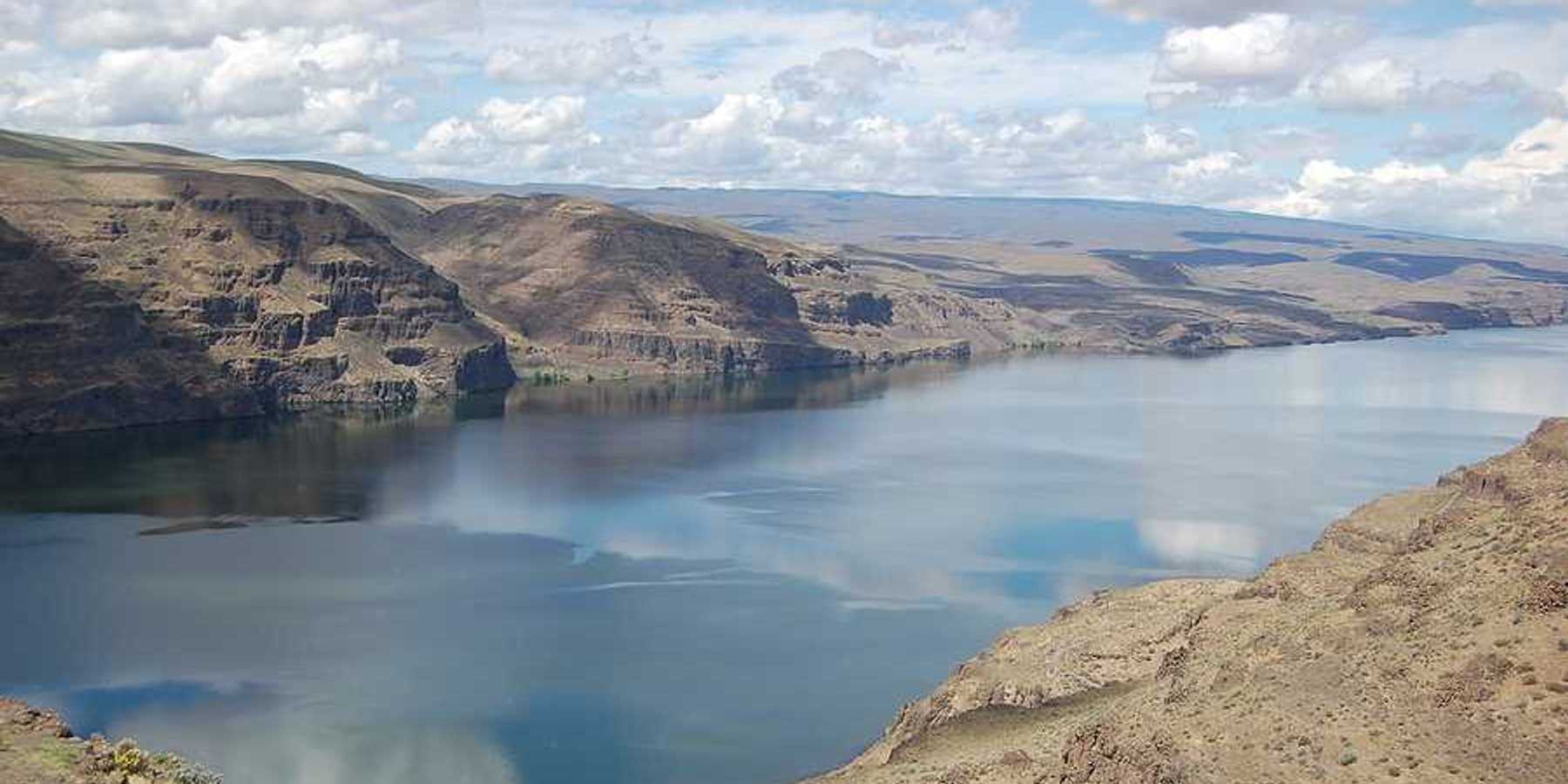Weekend Reader for Sunday, Dec. 17
More Trump rollbacks; Some thoughts on fake news; CDC reportedly bans contentious words from its own vocabulary; our future wildfire hellscape and more cheerful news.
This week, we saw a significant retreat from the Trump Administration's assault on environmental regulation. Michael Dourson's withdrawal from consideration for EPA's top chemical safety job was one of the few personnel setbacks in the campaign to make over -- or plow under -- the EPA, Interior Department, and other agencies. Dourson's longstanding ties to the chemical industry were too much even for some anti-EPA zealots in Congress.
Nina Berman of the Columbia Journalism Review provides a useful tutorial on Fake News. It has many parallels in environmental news -- notably the much-rebuked, highly effective "Climategate" furor of 2009.
Paging George Carlin!! The Centers for Disease Control has denied reports that it's issued a list of seven banned words and terms in agency communication, including "evidence-based," "fetus" and "transgender."
The nuclear industry has talked of a renaissance over the past few years. Plagued by high costs and safety concerns, the renaissance is down to one active construction project. Georgia Power's expansion of its Plant Vogtle nuclear power complex, years behind schedule and projected to double its initial $11 billion cost estimate, may live or die after a state Public Utilities vote on Thursday.
Top Weekend News
Our own Brian Bienkowski analyzed a report on electronic waste, and the details are depressing. E-waste contains elements that are toxic, and some that have high value for commercial re-use. But even as the global E-waste stream grew by 8% last year, we recycle only one-fifth of this 21st Century garbage bonanza.
One of the things we try to achieve with EHN and Daily Climate is to aggregate important pieces you might not have time to see otherwise. The Conversation is a relatively new site specializing in science journalism. This week they published a fascinating piece from researcher Daniel Obrist on the stunning level of mercury contamination in the Arctic, and many ways it gets there.
My Chemical Bromance, and other Trump news
Seven words you can't say at CDC: Words previously thought to be loaded with science are now deemed to be politically loaded.
Michael Dourson's long service to the chemical industry proved too much to install him as EPA's top regulator for chemical safety. He withdrew his name from consideration just before an avalanche of his email correspondence with industry was released.
Corbin Hiar of E&E News runs down four more potential Trump nominees on energy and environment. None of the four seem quite ready for the villain status that environmentalists have conveyed to other Trump appointees.
Years behind schedule and billions over budget, America's only nuclear power construction project faces criticism.
EPA has retained a firm to "monitor" its press coverage. Reporters, be very afraid.
And our own Douglas Fischer looks at dangerously high levels of nitrates used on, and leaching from, farm fields.
Opinions and Editorials
A New York Times op-ed by Tim Kreider poses the increasingly tempting notion that we should all pull up stakes and head for Mars.
An LA Times editorial this week spanked not only EPA's Scott Pruitt, but the Republican Congress that's seen as enabling his dismantlement of environmental regulation.
Also from the LA Times, Michael Kodas describes the increasing likelihood of a wildfire-driven hellscape. Thanks, Michael.
A couple of geographically diverse papers -- from snowy Rochester, NY, and tropical Kingston, Jamaica speak with one voice on the need for climate action.
From Living on Earth, I note weaker enforcement of government smog standards, and with host Steve Curwood, look into some of the political pressures that stoked President Trump's decision to shrink two National Monuments.
Delicious Irony of the Week
In an Administration with an apparently above-average obsession with leaks, a particularly ironic one (but on second thought, maybe not so delicious). BuzzFeed reports on EPA's water fountain/sewage problem.













